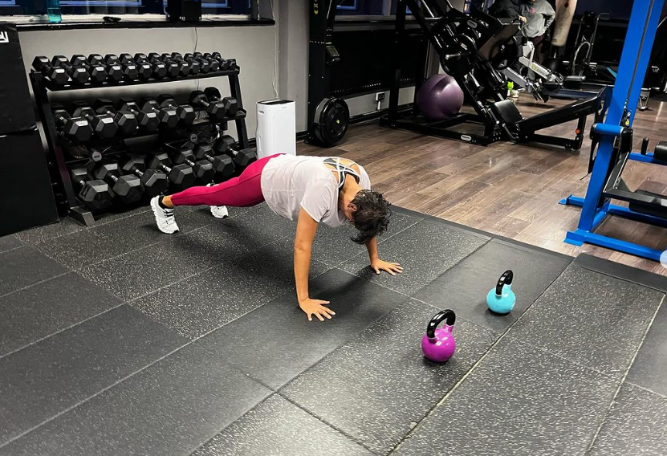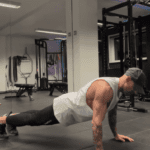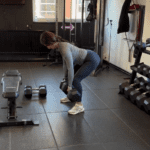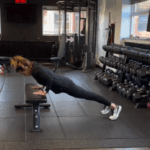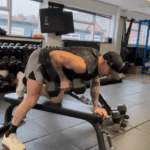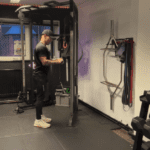Exercise is highly beneficial during perimenopause and menopause as it can help maintain a healthy weight, build muscle mass, reduce the risk of health problems and cardiovascular disease, improve mental well-being, and enhance overall quality of life. The recommended exercise regimen includes a mix of cardio and resistance training, aiming for at least 150 minutes of moderate intensity of exercise each week. Activities such as Yoga, Pilates, strength training and balance exercises are particularly effective. As with all exercise, it is important to find activities that you enjoy! Schedule exercise into your routine and consider incorporating movement throughout the day to reap the full benefits of staying active this stage.
Low impact exercises are highly recommended to stay active and healthy, such as:
Perimenopausal recommendations
- Unilateral exercises: Single-leg deadlifts and single-arm dumbbell rows are great for improving balance and strength.
- Mobility exercises such as Yoga and Pilates: These exercises involving using your body weight and are excellent for improving muscle mass, flexibility, and overall well-being.
- Full body exercises: Squats, standing side crunches, standing abductions, slow mountain climbers on a chair and overhead shoulder press are beneficial for improving cardio, posture, and stability.
Menopausal recommendations
- Unilateral exercises: Single-leg deadlifts and single-arm dumbbell rows are great for improving balance and strength.
- Mobility exercises such as Yoga and Pilates and Tai Chi: These exercises are fun ways to stay mobile and can improve balance and stability.
- Strength training: Incorporating strength training at least twice a week can help reduce body fat, maintain muscle mass, and lower the risk of fractures and osteoporosis.
- Walking: This is a great, low impact exercise to start with during menopause, helping to improve cardiovascular health and overall fitness.
- Swimming: Swimming is an excellent alternative for cardio exercise, especially for those with joint issues or stiffness.
- Pelvic floor exercises: Strengthening the pelvic floor muscles can improve flexibility, strength, coordination, and blood flow, benefiting urinary function and sexual health.
These exercises can help manage symptoms, maintain fitness levels, improve bone health, and enhance overall well-being without putting excessive strain on the body.
A personal trainer is an investment in your health and well-being that can lead to long-term positive effects on your fitness, confidence, and overall health. PT Hale prides itself on being a social and safe space where you can workout individually, or with like-minded people to get the results that you want and deserve – LET’S GO!

